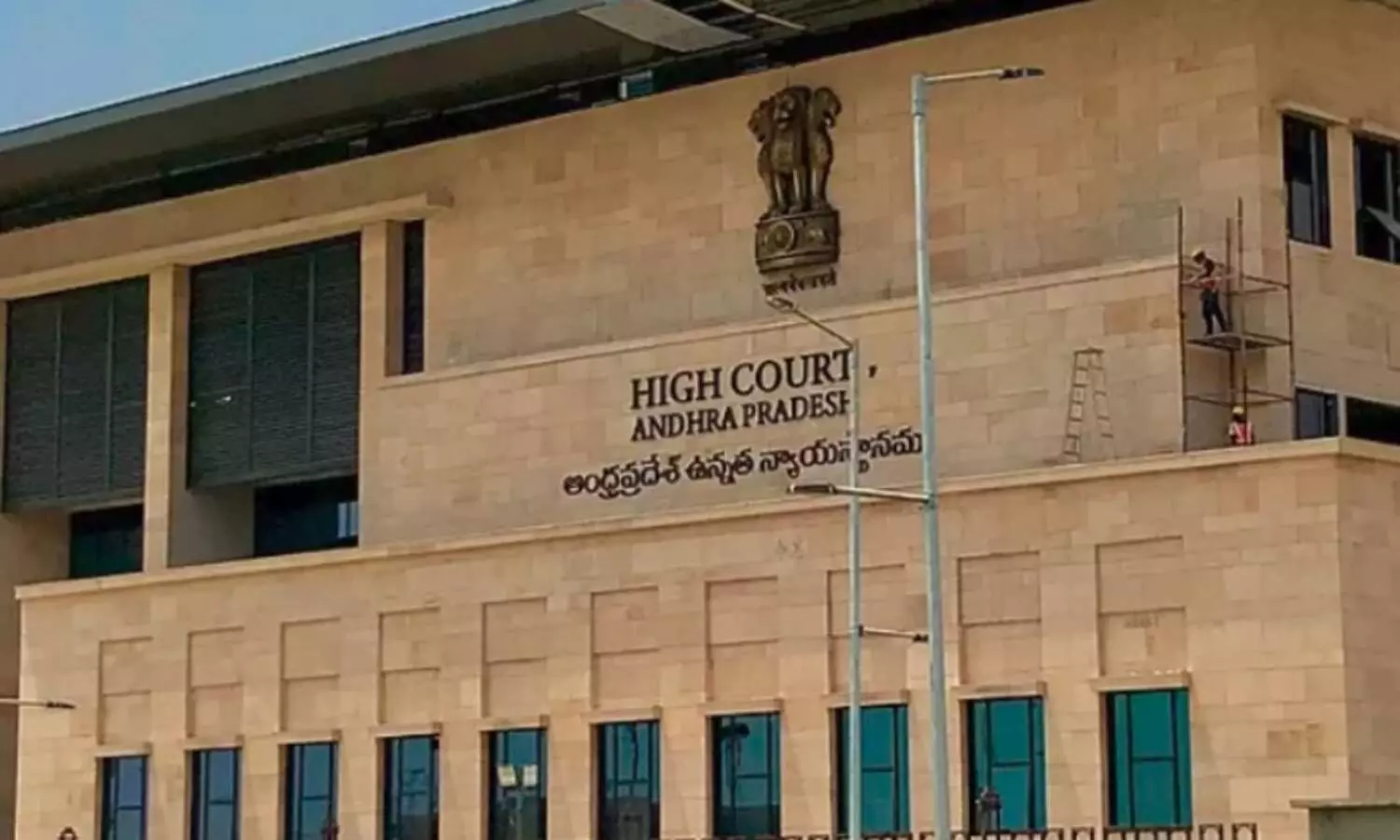Free small temples from government control: AP High Court to state
Thousands of small temples in Andhra Pradesh received a major relief after the High Court directed the state government to consider granting exemption to temples with an annual income of less than Rs. 5 lakh from the provisions of the Andhra Pradesh Charitable and Hindu Religious Institutions and Endowments Act 1987 and GO 375.
By Newsmeter Network
Vijayawada: Thousands of small temples in Andhra Pradesh received a major relief after the High Court directed the state government to consider granting exemption to temples with an annual income of less than Rs. 5 lakh from the provisions of the Andhra Pradesh Charitable and Hindu Religious Institutions and Endowments Act 1987 and GO 375.
The High Court said collecting 18.5% of annual income from low-income temples that are managed by hereditary trustees that generate less than Rs. 2 lakh a year, as argued by the state government, would not be tenable under the current financial circumstances and directed the state to consider raising this limit to Rs. 5 lakh a year.
The High Court, disposing of a writ petition filed by a founder family member, gave the government four months to complete the exercise to follow its orders.
The Endowments Act has provisions that give the government the power to control even small temples, while the 2015 orders lay down that a portion of payments be made to the government by such temples.
Welcoming the judgement, C.S Rangarajan, the head priest of the Chilkur Balaji temple and convener of the Temples Protection Movement, said the HC orders are of great significance to small temples not just in Andhra Pradesh but also in Telangana. He said the court's directions are clear that small temples should be left to manage their affairs as the orders make it clear that seeking control of the temples by the endowments department, whether through mandatory collection of a portion of their incomes or through other means, make such government actions fall foul of a Supreme Court order in a previous case.
In the case filed before the High Court by Allaparthi Venkata Chalapathi Rao, founder family member of Sri Alaparthamma Temple in Alaparru village under Nagaram mandal in Guntur district, the petitioner's counsel argued that the Supreme Court had observed that a duty is cast on the government to exempt all temples having an income of less than Rs. 5 lakh.
The High Court, after hearing both sides, issued its orders on 5 May and said a temple's income, whether from hundis or lands held by the temple's hereditary managements, should be allowed to be used by the temple for its upkeep and to pay the managers, priests, or officials appointed to manage the temple by the temple's founder families.
Temples Protection Movement reacts
Dr. M.V Soundararajan who spearheaded the agitation against the draconian AP 30/87 Act had filed written submissions on behalf of Telangana Archaka Samakhya in the Supreme Court and warned that the Act will cause severe damage to low-income temples. This led to the Supreme Court appointing committees that also concluded that low-income temples have to be exempted from several provisions of the Act for their survival. The government had accepted the recommendations of the committee and based on the Supreme Court order had ordered their exemption under Sec 154 and said such temples should be allowed to fend for themselves. This order was never implemented in letter and spirit and this has caused severe damage to the temple system, noted the government-appointed committee on Service Issues of Temple Employees in Sec 2.2.3 of the historic report from 5 January 2011. The committee also noted how many low-income temples were forcibly taken over by the government against the spirit of the commitment given by the Supreme Court.
It is in this background that finally after over 25 years, the AP High Court has now given a clear order to exempt low-income temples from the provisions of the Act, said Dr. Soundararajan adding that this order is equally applicable for Telangana. "We had also suggested an amendment to Sec 154 of the Act in the form of a proviso to implement the directions of the Supreme Court and now this is not needed as the direction of the AP High Court is very clear," said Dr. Soundararajan.
He continued, "Provided that notwithstanding anything contained in this section religious institutions whose annual income as defined under Section 65 does not exceed Rs. 5 lakh per annum shall be deemed to have been exempted from the provisions of sections 15, 16, 29, 34, 65(1), and 144 of the Act."
He appealed to both Andhra Pradesh and Telangana governments to implement the historic order in letter and spirit.